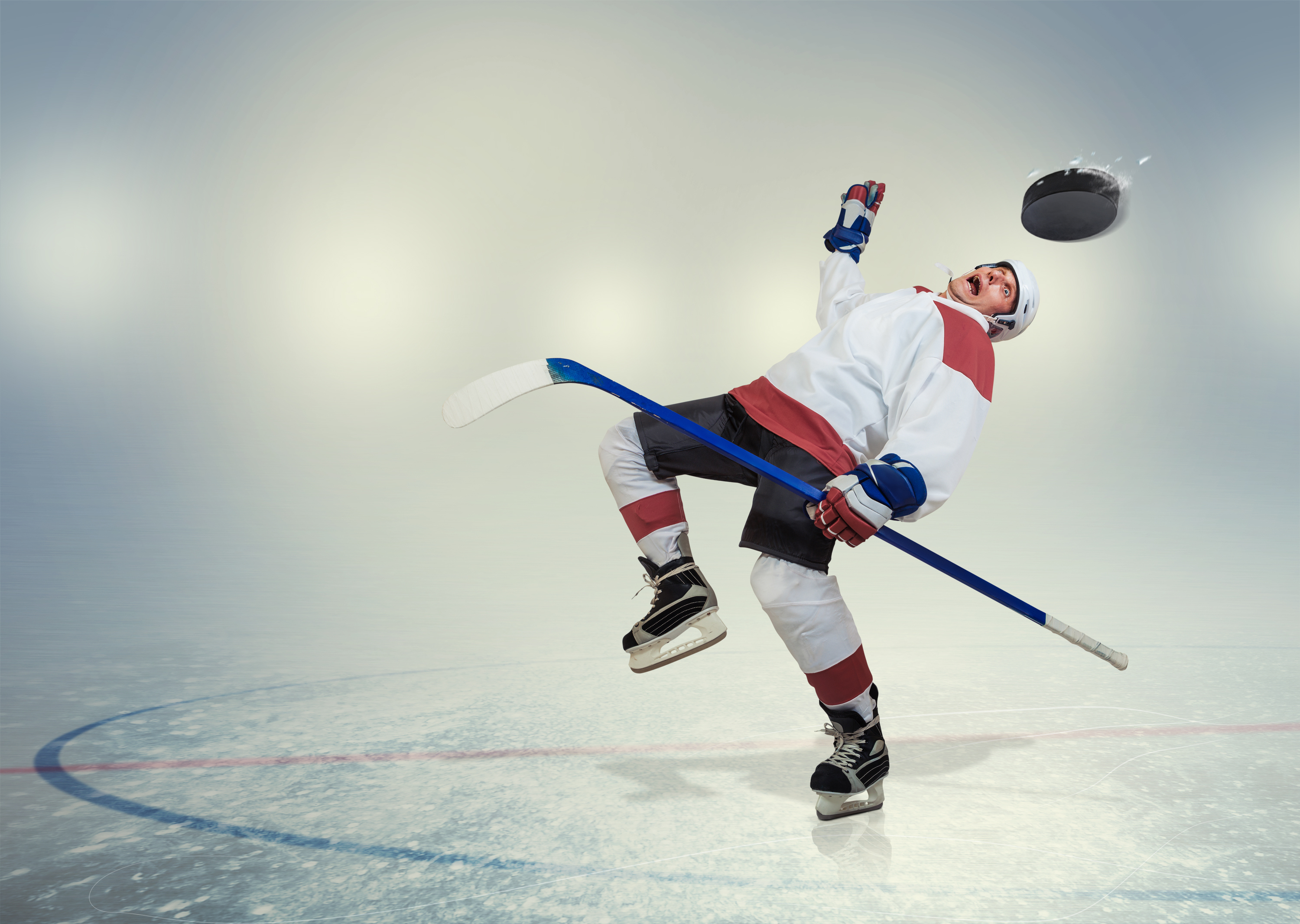
When playing hockey, taking an elbow or puck to the mouth may be part of the game, but the damage can be prevented - just wear a sports mouthguard.
The majority of orofacial trauma occurring from sports related-injuries can be prevented by wearing a fitted mouthguard, says Alexandra Sheppard, associate clinical professor in dental hygiene at the School of Dentistry.
"Wearing a sports mouthguard prevents injury to the teeth. Not wearing a guard may result in trauma to the lips from the teeth during an impact," Sheppard says. "Gum and tooth trauma are preventable injuries. Some people don't want to wear a mouthguard, but if you get one moulded to your mouth it's not uncomfortable."
To create a custom mould, a dentist or dental hygienist takes an impression of your teeth. These mouthguards provide the best fit, protection and comfort as opposed to store-bought mouthguards that are made to fit a wide variety of people and do not ensure the same level of protection as a custom made one.
"Another disadvantage of store-bought mouthguards is that they can change an individual's bite which can cause dental problems," she says. "A custom-fit mouthguard isn't going to fall out easily. They are easy to make and can be ready in a day or two."
Hockey and wrestling are the most common sports requiring mouthguards, but Sheppard says it is recommended that people playing basketball and soccer consider wearing them also.
Keep in mind that a sports mouthguard is not the same as a bruxism appliance which is used at night to stop teeth grinding. People should not use a bruxism night guard as a sports mouthguard and vice versa, says Sheppard. Mouthguards should be replaced on an annual basis.
And even though mouthguards perform an important function, protecting your teeth can have its entertaining side too.
"The fun part nowadays is they come in different colours and with a variety of logos."